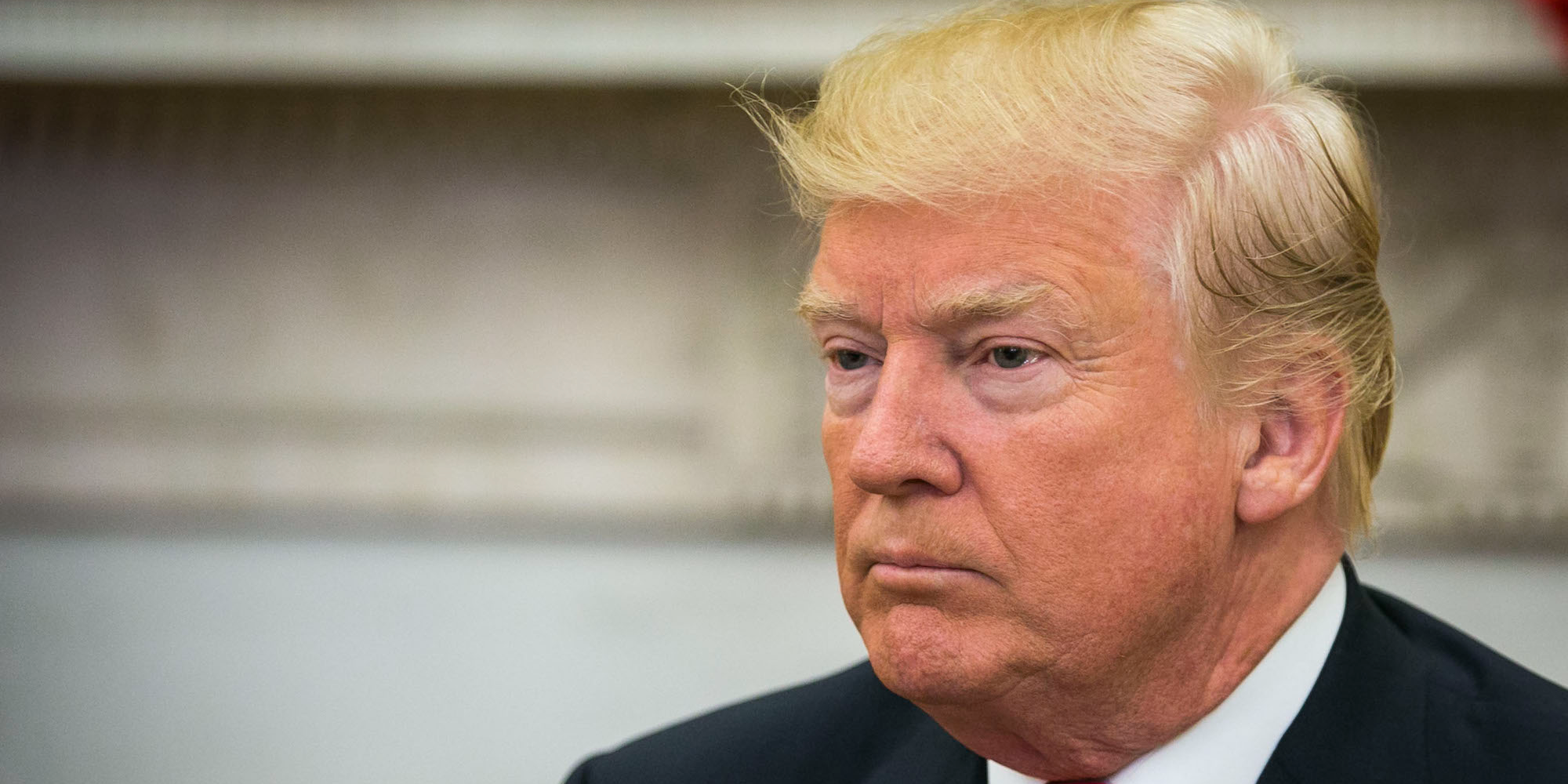- The Joint Committee on Taxation released an analysis of the economic effect of Senate Republicans’ tax bill.
- The JCT estimated the bill would increase US gross domestic product by 0.8% above the current baseline over the first 10 years.
- It also found that the bill would add roughly $1 trillion to the federal budget deficit over 10 years, even when factoring in additional revenue from economic growth.
The Joint Committee on Taxation released an analysis of Senate Republicans’ tax bill on Thursday that showed it would increase the federal budget deficit and fall short of “paying for itself,” as Republican leaders have suggested.
The JCT, which acts as the official congressional scorekeeper, released the analysis with hours to go before senators are expected to vote on the bill, which is moving through the Senate with lightning speed.
The committee found that the bill would increase US gross domestic product by 0.8% over its first 10 years. It said economic growth would come from Americans’ increased incomes and a boost in business investment.
“The projected increase in GDP during the budget window results both from an increase in labor supply, in response to the reduction in effective marginal tax rates on wages, and from an increase in investment in response to the reduction in the after-tax cost of capital,” the report said.
But that forecast is less than the boost to GDP of 3% to 5% a year that conservative economists, including the White House Council of Economic Advisers, expected.
Advocates of the tax plan have said the bill could generate 0.4 percentage points in GDP growth a year.
Scott Greenberg, a senior analyst at the Tax Foundation, had estimated that the JCT's growth projection worked out to a boost of roughly 0.15 percentage points annually. Jason Furman, the chairman of the Council of Economic Advisers under President Barack Obama, had forecast a smaller increase.
The committee also said the bill would increase the deficit by $956 billion over 10 years, even when factoring increased tax revenue due to economic growth. With the cost of servicing the increased debt, the bill would add just over $1 trillion in debt compared with the current baseline, the analysis said.
That analysis runs counter to statements from Treasury Secretary Steven Mnuchin, who has argued that the tax bill will "pay for itself." And Senate Majority Leader Mitch McConnell said as recently as late last month that it would be revenue neutral.
Julia Lawless, a spokeswoman for the Senate Finance Committee, called the JCT's analysis "incomplete." Other Republican lawmakers also criticized the committee, saying its projections were flawed.
On Wednesday, the chairman of the Senate Finance Committee, Orrin Hatch, cited the JCT's data in his defense of the bill.
The projected effect on the deficit and debt could amplify concerns expressed by some Republican senators.
The JCT also found that outside of the first 10 years of the bill, the economic boost and the increased revenue from such a jump would depreciate.
"We expect that both an increase in GDP and resulting additional revenues would continue in the second decade after enactment, although at a lower level, as many of the provisions that are expected to increase GDP within the budget window expire before the second decade," the committee's report said.
Part of the reason that the economic growth would be muted, according to the report, is that the Federal Reserve would most likely offset the stimulus from the tax cuts with interest-rate hikes. Since the economy is already near full employment, the Fed would assume that increased inflation would need to be offset by rate hikes.

